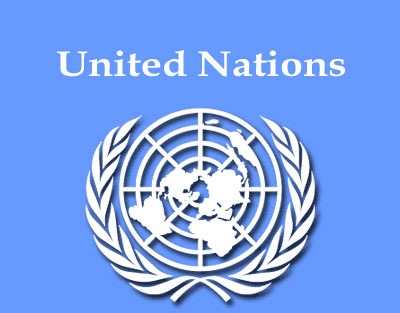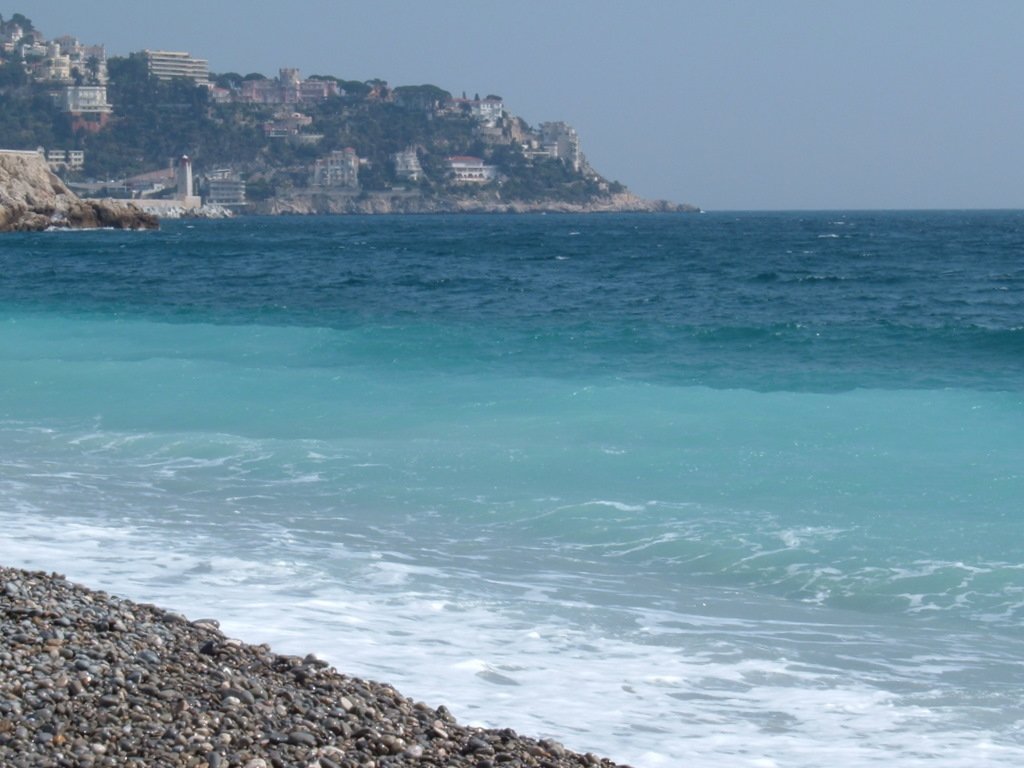By: Alexander Corbeil
Inside Syria
Reports by Syrian opposition groups detailed the death of 30 people throughout Syria on Thursday in a widespread and brutal crackdown by Assad’s forces. The continuance of violence comes as a temporary ceasefire has been reached between the Syrian military and rebels in the mountain town of Zabadani, near the Lebanese border. The agreement, brokered by town leaders and the Deputy Minister of Defence Asef Shawkat called for the evacuation of Syrian troops and tanks from Zabadani in return for rebel fighters leaving the streets after five days of fighting. Purportedly, the ceasefire was negotiated due to stiff resistance by rebel fighters and large-scale defections among government troops. As of Thursday night, tanks and troops have disengaged from Zabadani, moving to military barracks nearly 7 kilometers away. This agreement, the first of its kind, marks an improvement in diplomacy between the Free Syrian Army (FSA) and Assad’s security forces. That being said, with Syrian army checkpoints still surrounding Zabadani and atrocities occurring in other cities, there is a large possibility that this deal is merely a stalling tactic by Assad’s forces.
The leader of the FSA, Colonel Riad al-Assad, labeled the Arab League observer mission a failure, adding to mounting criticism. Referencing the Arab League, Colonel al-Assad stated, “We call on them to turn the issue over to the UN Security Council and we ask that the international community intervene…” These comments come as the official month-long mandate for the observer mission expires; the United Nations estimates that 600 people have been killed since the beginning of the mission. The Arab League will meet this Sunday to discuss a report provided by the mission’s head, the controversial Sudanese Lieutenant-General Mohammad Ahmed Mustafa al-Dabi.
Extension of the observer mission?
The initial agreement between the Arab League and the Assad regime details the possibility of a one month extension for the observer mission if both sides agree. Given immense pressure from the international community and strong internal divisions within the regional bloc, it is possible that the Arab League will attempt to push for an extension of the mandate. That being said, in light of vocal opposition against the monitor mission by both the United Arab Emirates and Qatar, this decision may not be made swiftly. Thus the vague call made by the Arab League last Sunday to increase the mission’s numbers and strengthen its technical capabilities must be viewed as a compromise between competing factions. The head of the opposition Syrian National Congress (SNC), Burhan Ghalium is heading to Cairo for the Arab League meeting to ask the regional bloc to transfer the Syrian file to the UN Security Council. An SNC statement said that Mr. Ghalium was intent on getting the file transferred with the goal of establishing, “a buffer zone and no-fly zone” in Syria. Analysts believe that Syria will not reject a one month extension, but while it will let the number of monitors increase, Assad’s regime will not allow them to participate in fact-finding duties or visit sensitive “military zones.” As Assad’s regime has been accused of hiding political prisoners in military bases to avoid the peering eyes of observers, the government designation of “military zones” will most likely be utilized to undermine the Arab League mission.
It is reported that both China and Russia have urged Assad to accept an extension of the monitoring mission to avoid an escalation of international actions against the regime. With Syrian oppositional groups claiming that the mission has merely created cover for atrocities perpetrated by Assad’s security forces it seems that an extension of the Arab League mandate would not be welcomed by either the Syrian National Council or the Free Syrian Army.
Al-Thani and Al-Assad
In an interview with 60 Minutes, Sheikh Hamad bin Khalifa al-Thani, the Emir of Qatar and the head of the Arab League’s Syrian committee, proposed the deployment of Arab troops to Syria. The statement, previously taped in December, is the first time an Arab head of state has called for direct intervention in the Syrian crisis. Qatar has, since the beginning of the Arab Spring, undertaken a leading role in giving diplomatic and military support to Arab protestors. (A more in-depth analysis of the growing robustness of Qatari foreign policy in the Middle East will be provided at the end of the month). Syria staunchly rejected the Emir’s comments, the state-run news agency SANA quoted a source at the foreign ministry stating that Syria would “confront” and “stand firm” against military intervention. Furthermore, the foreign ministry source said it would be “unfortunate to see Arab blood flow on Syrian soil”, sending a clear message to the Emir. The Syrian threats reported by SANA are coupled with accusations made against Qatar by another state-run newspaper, the Tishrin. The paper accused Qatar of arming and financing Syrian rebels while also blocking any solution to the crisis in order to, “ramp up international pressure” on Assad. Furthermore, it stated that the prominent Qatari television station Al-Jazeera was “manipulating information” regarding the Syrian uprising.
The West gets tougher on Syria
The exchange of words between Qatarand Syriacomes as Western leaders have called for a more robust international response to the ongoing human rights abuses. President Barrack Obama announced after a meeting with Jordan’s King Abdullah that, “(the US) will continue to consult very closely with Jordan to create the kind of international pressure and environment that encourages the current Syrian regime to step aside.” He went on to say that, “unfortunately we’re continuing to see unacceptable levels of violence inside the country.” Foreign Policy has reported that the Obama administration is preparing options for aiding the Syrian rebels. The process is led by the National Security Council while involving the departments of State, Defence, Treasury, and other relevant agencies. Given the secretive nature of these discussions those with links to the Obama administration speculate that options being discussed include: the establishment of a humanitarian corridor, extending humanitarian aid to rebels, providing medical aid, increasing engagement with external and internal opposition groups, forming an international contact forum, and appointing a special coordinator to work with the Syrian opposition.
Describing Assad as a “wretched tyrant,” British Prime Minister David Cameron accused Iran and the Lebanese Shiite Hezbollah movement of propping up the Syrian dictator. Cameron called for tougher sanctions, the extension of travel bans, and increased asset freezes on those tied to Assad. In addition to British moves to economically strangle the Assad regime, the European Union looked to extend its sanctions on persons and companies tied to the Syrian government. EU sanctions currently target 30 companies and 86 Syrian individuals with ties to the Assad house. An expansion of this list is due on Monday, and is purported to include freezing the assets and imposing travel bans on an additional 22 individuals.
Assad’s international supporters rally
On Monday Russiaproposed yet another draft resolution on the Syrian crisis to the UN Security Council. It stated that a Syrian-led process was the only solution to the current crisis and called on the Syrian government to enact previously promised reforms. The new resolution draft, merely a revised version of the previous one, is being criticized for equating the Syrian government’s assault with opposition violence. One Western diplomat on condition of anonymity called the proposed resolution, “a maneuver playing for time.” Russia and China, both allies of Assad previously opposed a more robust and strongly worded resolution against Syria in October, labeling it a move towards regime change. Russian Foreign Minister Sergei Lavrov emphasized on Wednesday that both Moscow and Beijing are united against any sort of foreign intervention in Syria and that both the Russians and Chinese are strongly opposed to international sanctions. He continued on to deny recent charges that Moscow was providing Assad with munitions. While calling for an end to the trade of weapons to the Free Syrian Army, Lavrov stated that he did not need to excuse or explain the accusations that a Russian-chartered ship The Chariot delivered arms to Assad’s forces after breaking the EU blockade.
The Chinese for their part have come out in defence of the controversial Arab League observer mission. Foreign Ministry spokesman Liu Weimin said that since the mission began, “the security situation of major areas has improved, which shows the mission is effective.” As stated previously, it has been in the interest of the Chinese government, given their alignment withSyria, to continue the observer mission.
Iran, which has been uncharacteristically silent in past weeks, has come out in full support of the Syrian regime, warning against international intervention. Foreign Ministry spokesman Ramin Mehmanparast told a weekly news conference that Iranis, “fundamentally against interfering in the affairs of other countries,” a reference to both Arab League and international efforts to resolve the Syrian crisis. Mehmanparast went on to state, “the good reforms which have been announced by Syrian officials are pushing the ambience towards dialogue and solving problems, though some countries do not like this.”Iran has subtly threatened that it would utilize its two main proxies, Hamas and Hezbollah, against Israeli and American interests in the Middle East if international intervention occurs in Syria.
Further Reading:
Ceasefire ‘Agreed’ in Syrian Mountain Town ; Syria Civil War Looms ; Syria Rejects Arab Troop Proposal ; End the Farcical Observer Mission to Syria ; Arab League Monitor Mission Mandate on Syria Ends ; Arab League Considers Extension of its Observer Mission in Syria ; Emir of Qatar Favors Arab Troops in Syria ; Syria Rejects Arab Troop Proposal ; Syria Accuses Qatar of Arming Rebels: State Media ; Obama for Raising Pressure on Syria ; Obama Administration Secretly Preparing Options for Aiding the Syrian Opposition; UK Urges Tougher Syria Sanctions, Russia Issues Warning ; Russia Presents New Syria Resolution at UN After Weeks of Criticism ; Syria: Russian FM Warns Against Military Action ; Iran Condemns Interference in Syria, Hails Reforms



